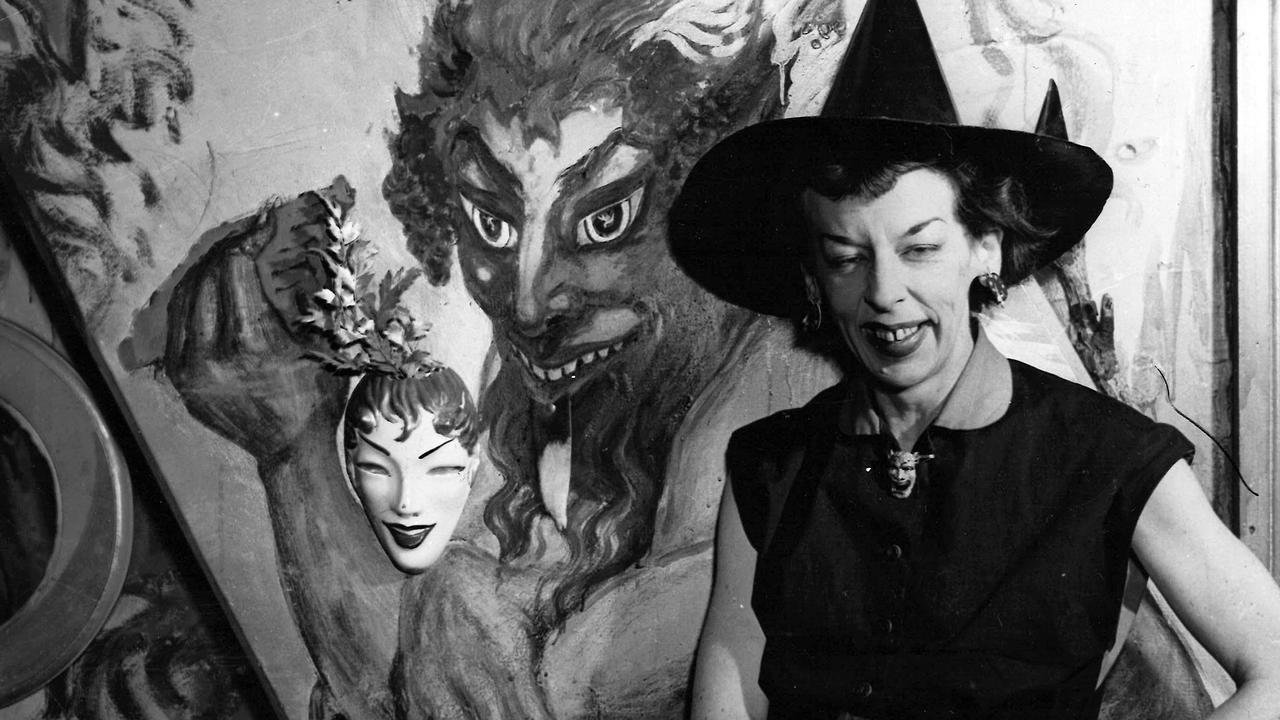In Black and White: Trailblazing squad who paved the way for the Matildas
Australia’s “first Matildas” ran car washes and appeared on a TV dating show to fulfil their dream of competing on the world stage.
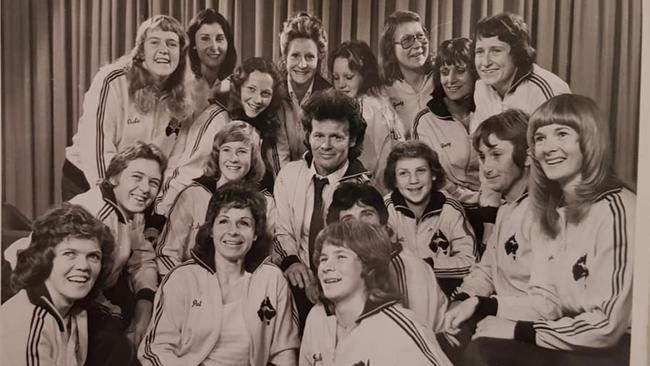
In Black and White
Don't miss out on the headlines from In Black and White. Followed categories will be added to My News.
As Australia gets set to co-host the FIFA Women’s World Cup with its $165m prize pool, all eyes are on the high-profile squad of elite players known as the Matildas.
It’s in stark contrast to Australia’s “first Matildas”, who ran lamington drives and car washes and appeared on a TV dating show to fulfil their dreams of competing on the world stage.
The story is told in this week’s new episode of the free In Black and White podcast on Australia’s forgotten characters, with Greg Downes, author of new book The First Matildas:
If today’s Matildas captained by Sam Kerr win the World Cup, every player will earn more than $400,000, and the minimum payment for all 732 players in the tournament is about $45,000.
It shows just how far the sport has come since the formation of the first Australian women’s soccer team, which competed in the Asian Cup Ladies Football Tournament in Hong Kong.
The squad ranged in age from schoolgirls as young as 14 to a 31-year-old mother, Stacey Tracy, now an Aboriginal elder known as Aunty Tarita Yvonne Peters.
“She was working as a private investigator and she noticed that over her back fence the women were playing football, training out the back there, and she went and asked if she could join in, and that’s how her story started,” Downes says.
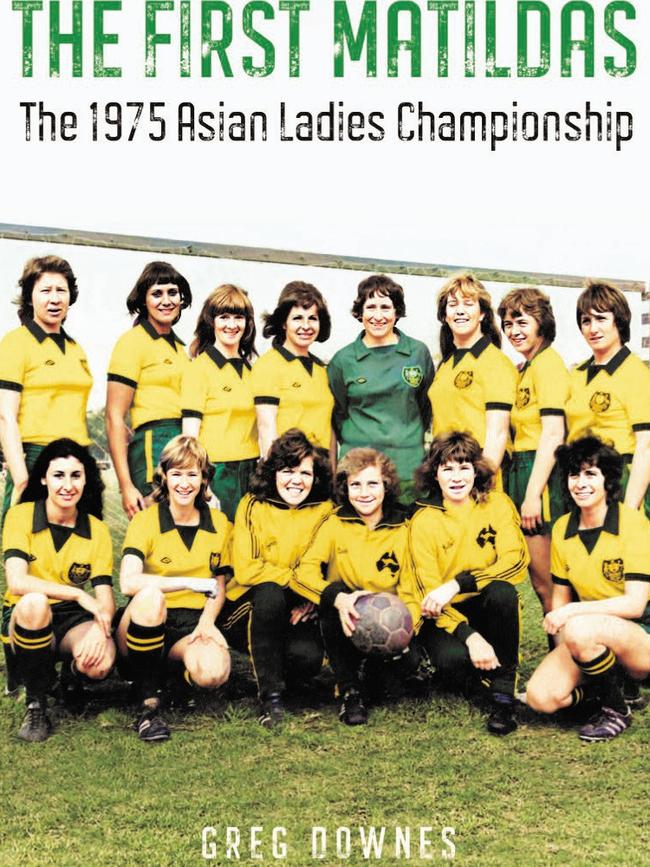
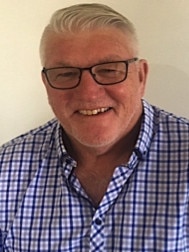
Not only did the players need to hold down regular jobs, they also had to fundraise with months of car washes, lamington drives, cake sales and sponsored walks.
“The ones that were old enough to go into hotels, they’d go in with buckets and ask the patrons to donate,” Downes says.
One player, Christel Abenthum, resorted to appearing on the TV game show Blind Date, a forerunner to Perfect Match.
Rather than looking for love, Abenthum was seeking a few seconds of airtime to raise awareness of the planned 1975 tour, and hopefully attract sponsors.
“She didn’t win the blind date, but she didn’t want to apparently and she was just happy to go on and raise awareness for the team,” Downes says.
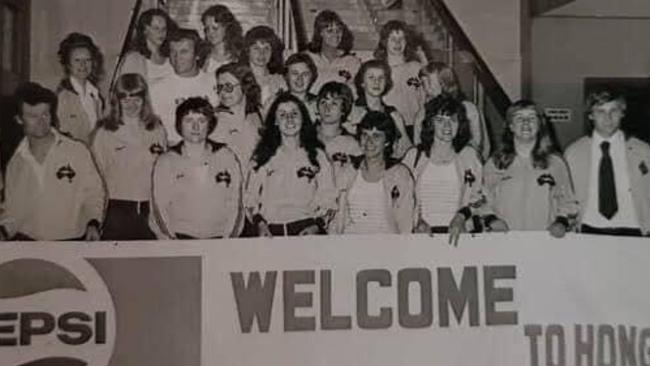
Abenthum, who played professionally with Bayern Munich in 1974, had plenty of form as a trailblazer in a man’s world.
She was a qualified mechanic in Germany, though couldn’t get a job in her field when she moved to Sydney because she was a woman.
While Downes has dubbed the 1975 squad “Australia’s first Matildas”, the team’s exact status remains controversial and he says they have not received full recognition as genuine Matildas.
“They have been recognised as an important pioneer women’s team, but not as an official national team which would be important enough for them to earn their numbered caps,” Downes says.
To find out more, listen to the interview in the free In Black and White podcast on Apple Podcasts, Spotify or web.
See In Black & White in the Herald Sun newspaper every Friday for more stories and photos from Victoria’s past.




